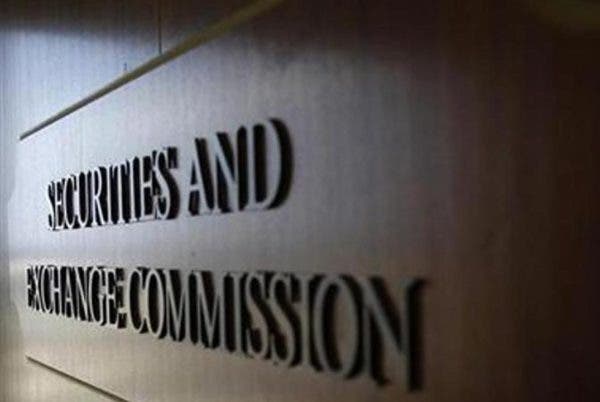NIGERIA: On the 14th of September 2020, the Securities and Exchange Commission (SEC) released a Statement On Digital Assets And Their Classification And Treatment to clarify that cryptocurrency-based investments (Crypto Assets) would now be actively regulated by the commission in order to ensure that the cryptocurrency market operates in a manner that is consistent with investor protection, the interest of the public, market integrity and transparency.
As the cryptocurrency marketplace grows, regulators in countries all over the world are adjusting their compliance frameworks to accommodate cryptocurrency and the various financial assets based on it. Historically, the extent of cryptocurrency’s recognition by the Nigerian financial regulators was limited to the circular issued by the Central Bank of Nigeria (CBN) in January 2017 instructing banks and other financial institutions not to hold or transact in virtual currencies, and the CBN’s press release in February 2018 stating that virtual currencies (citing cryptocurrencies specifically) are not legal tender and could be risky investments.
This means that during the period leading up until now, Cryptocurrencies and similar digital assets have operated in a regulatory grey area.
We have summarised some of the key points from the SEC’s most recent statement below:
Legal Basis for Regulation
The position of the SEC is that Crypto Assets are already within the scope of the commission’s regulatory powers as established in the Investment and Securities Act. Section 13 of the Act; as cited by the SEC in the statement, makes the commission responsible for regulating investment activities in the country generally, as well as individuals and organizations involved in such activities whether as buyers or sellers of assets. Hence, the statement is largely an assertion of jurisdiction, and a clarification that cryptocurrency investment activity is subject to pre-existing regulations issued by the commission.
Scope of Regulation
The statement provides for the regulation of “Crypto Asset”, a term which is defined as “a digital representation of value that can be digitally traded and functions as (1) a medium of exchange; and/or (2) a unit of account; and/or (3) a store of value, but does not have legal tender status in any jurisdiction.” Apart from cryptocurrencies generally, the statement established new categories of assets – utility tokens, security tokens and derivatives/collective investment funds, all with specific conditions which they must meet to qualify for regulation by the SEC under its various rules and regulations.
Notably, the statement specifically excludes cryptocurrencies which are merely used as virtual currencies and not traded on an investment exchange or offered to the public as investments. Presumably, this is because those would fall within the regulatory purview of the CBN in its position as the country’s currency regulator.
Who Will be Regulated?
Any person, (individual or corporate) whose activities involve any aspect of Blockchain-related and virtual digital asset services, will be registered by the Commission and as such, will be subject to the regulatory guidelines. The services include making transactions on behalf of others, providing investment advice, portfolio management, and custodian or nominee services. Companies which also intend to issue or have issued Crypto Assets will be regulated, whether they are Nigerian or foreign.
Foreign issuers may be required to establish branch offices within Nigeria unless a reciprocal agreement exists between Nigeria and the country of the foreign issuer. A recognition status will also be accorded, where the country of the foreign issuer or sponsor is a member of the International Organization of Securities Commissions (IOSCO), which may also lead to the requirement for the establishment of a domestic office being waived.
Registration Requirements and Process
As mentioned earlier, the statement mandates all issuers, sponsors or service providers dealing with Crypto Assets to register with the commission and follow the usual processes for getting approval from the commission before making an investment offering to the public. For existing digital assets offerings, the registration must be done within three months. All Crypto Assets will be presumed to be securities and the burden of proving otherwise will rest on the issuers.
Issuers who believe that their Crypto Assets are not securities (such as where they are structured to be exclusively offered through crowdfunding portals or other exempt methods) will need to make an initial assessment filing. The commission will evaluate the documents filed and issue a decision regarding whether the assets are exempt or not, in which case the issuer will be mandated to proceed with the normal registration process.
For any further information on this or related matters, please reach out to us on ContactUs@Vazillegal.com or by filling this.

